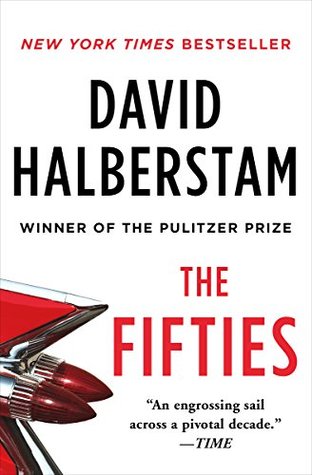More on this book
Community
Kindle Notes & Highlights
Truman had been looking forward to it, but the meeting had not gone well. “Mr. President, I have blood on my hands,” Oppenheimer told Truman. “Never mind,” Truman was supposed to have answered. “It will all come out in the wash.” But at that moment Truman decided Oppenheimer was “a crybaby.” “Don’t you bring that fellow around again,” the President told Acheson later. “After all, all he did was make the bomb. I’m the guy who fired it off.”
Such critical salvos did not burden Spillane, who liked to say that he did not care about the critics and that the only critics who mattered were his readers. He thought the literary world was made up of second-rate writers who wrote about other second-rate writers. It was a world of the Losers. “The Losers?” Terry Southern asked him. “The guys who didn’t make it,” he answered, “the guys nobody ever heard of.” Why, asked Southern, would others want to write about Losers? “Because they can be condescending about the Losers. You know, they can afford to say something nice about them. You see,
...more
In 1948 he was at the height of his political powers, so dominating a figure in the Senate that The New Republic wrote that “Congress now consists of the House, the Senate, and Bob Taft.” His career was also on a collision course with political realities. Despite others’ attempts to make him better at public relations, he retained a basic wariness of any attempts to shape his public image. Photo opportunities were arranged to show him with a dead turkey, which readers were apparently to believe he had shot. He posed in a business suit with the dead bird; he and the turkey seemed to have no
...more
When, in 1958, the Nixons were about to go on a multination tour of Latin America, Pat Nixon called Mollie Parnis, a prominent dress designer who catered to the wives of many of Washington and New York’s most powerful men, including Mamie Eisenhower, about doing some clothes for her. Ms. Parnis mentioned this to Mamie Eisenhower, who immediately vetoed the idea. “No, no, dear, don’t do that. Let the poor thing go to Garfinckel’s and buy something off the rack.”
Paranoid and ignorant, Ubico seemed to glory in the fear his name inspired and delighted in the popular image of himself as a “wild and dangerous beast.” Once when a minor official named Miguel Ydigoras Fuentes, a rather conservative man, suggested that Guatemala’s truck drivers, who were often on the road for three days at a time, receive some traveling expenses, Ubico screamed at him, “So! You too are a Communist!” On another occasion he accused Ydigoras of reading Communist literature: When the latter protested that he had been reading a papal encyclical and showed it to Ubico, Ubico
...more
By the end of 1953 we had spent over $1 billion in aid and escalated our rhetoric to classify the struggle between the Vietminh and the French not as a colonial war, but as part of the larger struggle of the Western democracies against Communism; by 1953 we had more interest in continuing the Indochina war than the French did.
Since Batista was the son of a cane cutter and a mulatto, that was not a realistic aspiration. He was blackballed at the elegant Havana Yacht Club—the vote against him was said to be one of the rare free elections in Cuba.


